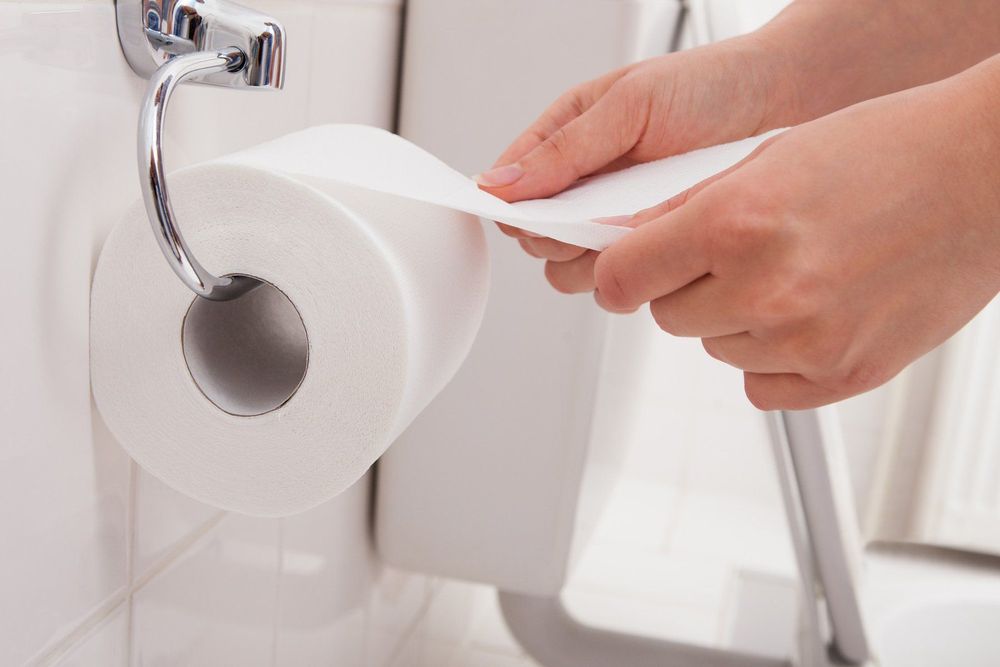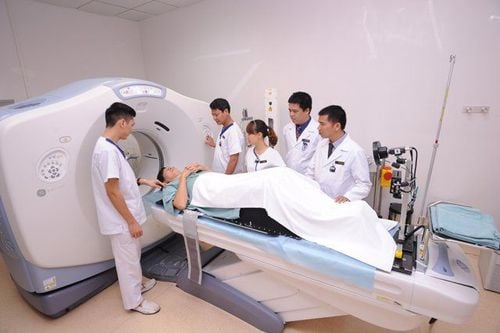This is an automatically translated article.
The article is professionally consulted by Gastroenterologist - Department of Examination & Internal Medicine - Vinmec Hai Phong International General HospitalUncontrollable defecation causes many troubles, making patients feel inferior, difficult to integrate into society. To effectively treat this pathology, the doctor will prescribe a number of tests and imaging methods to find the cause of the disease.
1. What is uncontrolled defecation?
Incontinence, also known as fecal incontinence, is a condition in which a person cannot control his or her bowel movements. Feces from the rectum leak out when the patient participates in physical activities, strenuous activities, even at rest, with no or very little feeling of straining.Although it does not have a great impact on health, uncontrolled defecation causes many inconveniences and discomforts to patients. If bowel incontinence is mild, with a small amount of stool, mainly only dirtying underwear, most patients can accept it. But if defecation is not completely controlled, the amount of stool that comes out will greatly affect the patient's physical and mental health.
There are many causes that can cause uncontrolled defecation such as:
U compressing the spine. Obstetric trauma and operations involving cutting or relaxing the sphincter. Weakness of the muscles that control bowel movements. Radiation therapy to the pelvis, abdomen, rectum, or genitals. Pelvic surgery. Constipation or diarrhea, irritable bowel syndrome. Severe depression. Hemorrhoids. Rectal prolapse. Uncontrolled diabetes. Nerve damage from stroke, spinal cord injury, dementia, Parkinson's disease, multiple sclerosis. Some drugs, vitamins, functional foods.

Có nhiều nguyên nhân có thể gây ra tình trạng đại tiện mất kiểm soát
2. What tests and scans should be done to evaluate and diagnose bowel incontinence?
To diagnose and evaluate incontinence, your doctor will ask about your symptoms and do a complete physical exam (with a big focus on the anorectal area).
Patients need to tell the doctor about their diet and medications, especially antacids, laxatives and herbal supplements.
To assess the strength of the anal muscles and detect abnormalities, the doctor may perform a direct rectal exam by wearing gloves, then insert a lubricated finger into the rectum to examine .
Besides, to accurately diagnose and evaluate the condition of bowel incontinence, some other tests and imaging techniques may be ordered, including:
Blood tests: Some blood tests baseline will be indicated for the general assessment of health status. Stool test: A small stool sample will be tested for signs of infection. Abdominal X-ray: Your doctor may use X-ray films to detect hard stools in the intestines.

Một số xét nghiệm và chẩn đoán hình ảnh giúp đánh giá tình trạng bệnh được chính xác hơn

Chụp cộng hưởng từ cho hình ảnh và thông tin chi tiết về sàn chậu và trực tràng
Treatment of fecal incontinence depends on the cause.
Vinmec International General Hospital is one of the hospitals that not only ensures professional quality with a team of doctors, modern equipment and technology, but also stands out for its examination, consulting and service services. comprehensive and professional medical treatment; civilized, polite, safe and sterile medical examination and treatment space.
Please dial HOTLINE for more information or register for an appointment HERE. Download MyVinmec app to make appointments faster and to manage your bookings easily.
Reference source: radiologyinfo.org













